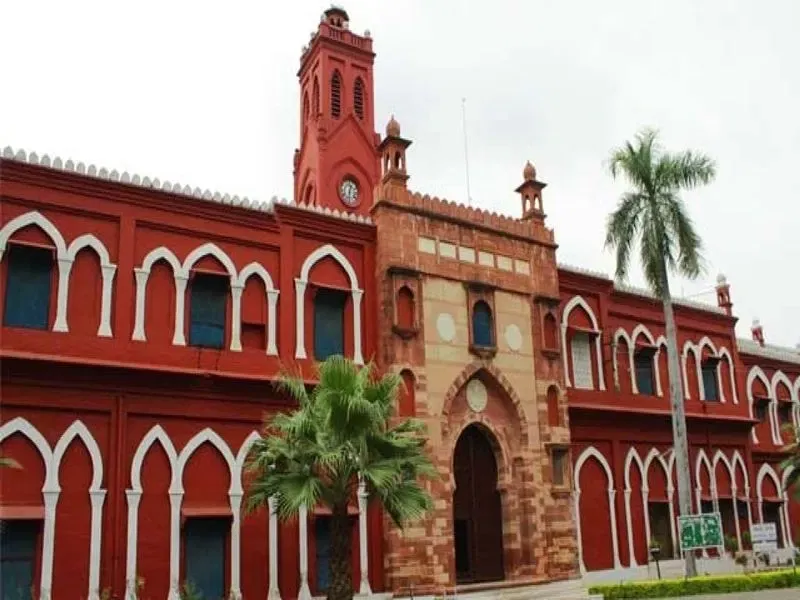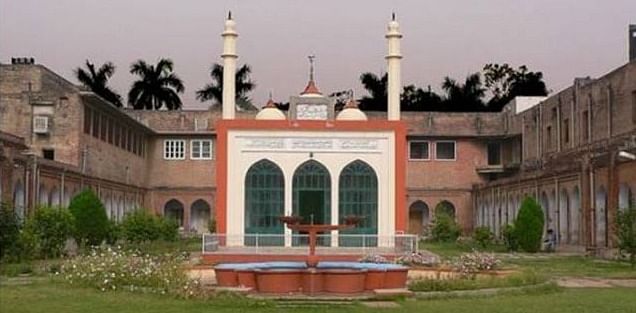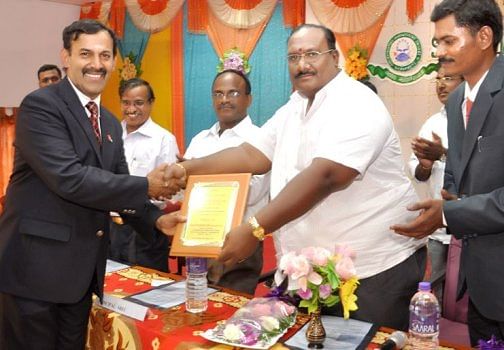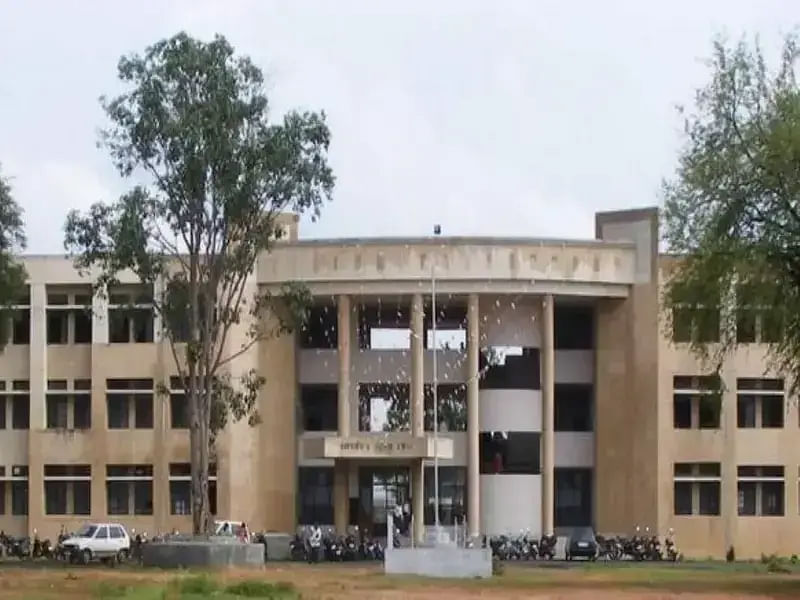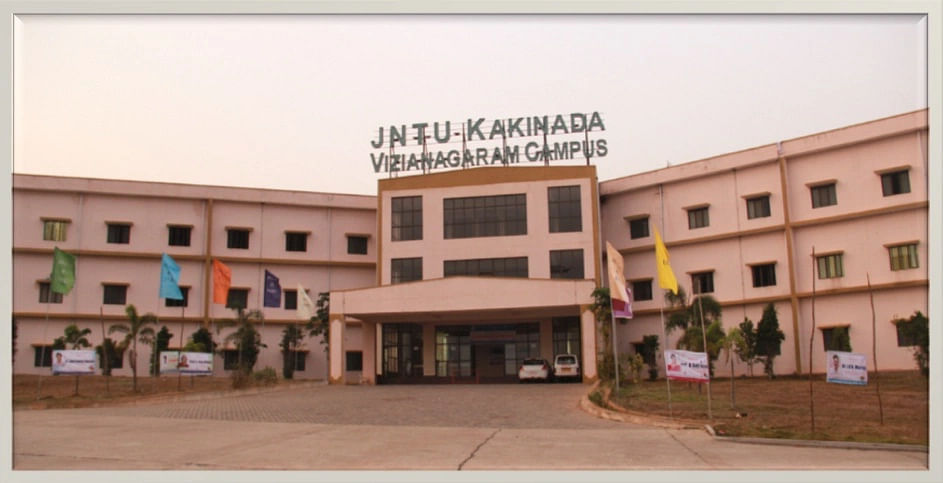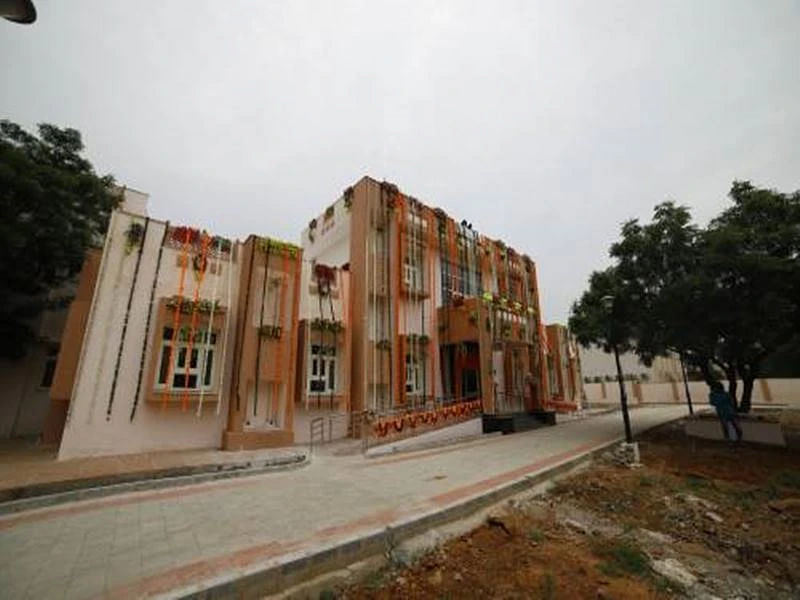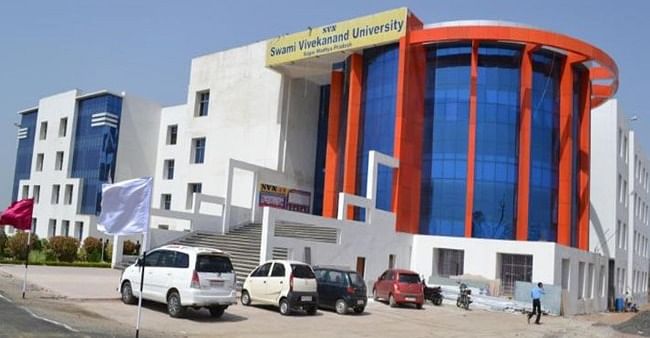B.Tech Petrochemical Engineering Syllabus and Subjects

B.Tech Petrochemical Engineering syllabus is structured similar to chemical engineering with more specialised subjects. The syllabus provides adequate theoretical and practical exposure in the field of petrochemical refining. Along with core subjects, the B.Tech Petrochemical Engineering syllabus includes basic communication modules. These modules enhance the student's communication and aptitude skills.
Semester Wise B.Tech Petrochemical Engineering Syllabus
The B.Tech Petrochemical Engineering subjects include fluids and solid operations, chemical reaction engineering, petroleum refinery engineering, thermodynamics, etc. The curriculum is divided into eight semesters. The semesters incorporate the basic subjects, core-based subjects, laboratories, and industrial projects.
The course structure for B.Tech Petrochemical Engineering is very similar to that of chemical engineering. The subjects and syllabus vary from one university to another. The list below consists of a semester-wise split-up of the syllabus as recommended by AICTE :
| SEMESTER I | SEMESTER II |
| Engineering Chemistry | Organic Chemistry |
| Engineering Physics | Industrial Chemical Technology |
| Professional Communication Skills | Chemistry Laboratory |
| Computing Techniques | Engineering Mechanics |
| Engineering drawing Laboratory | Professional communication skills-II |
| Computing Laboratory | Basic Electrical and Electronics Engineering |
| Engineering Mathematics-I | Engineering Maths - II |
| Physics Laboratory | Basic Electrical and Electronics Laboratory |
| SEMESTER III | SEMESTER IV |
| Fluid Mechanics | Process Heat Transfer |
| Materials Technology | Chemical Engineering Thermodynamics |
| General Geology | Petroleum Primary Processing Technology |
| Engineering Mathematics-III | Petroleum Exploration and Exploitation Techniques |
| Refining Operations | Natural Gas Engineering |
| Process calculations | Engineering Mathematics-IV |
| Fluid Systems Laboratory | Chemical Analysis Laboratory |
| Geology and Survey Lab | Thermodynamics Laboratory |
| SEMESTER V | SEMESTER VI |
| Mass Transfer - I | Mass Transfer - II |
| Drilling Technology | Petroleum Secondary Processing Technology |
| Chemical Reaction Engineering | Process Instrumentation |
| Heat Transfer | Catalytic Reaction Engineering |
| Drilling Technology | Petroleum Reservoir Engineering |
| Heat Transfer Laboratory | Petroleum Testing Laboratory |
| Petrochemical Analysis Laboratory | Mass Transfer Laboratory |
| SEMESTER VII | SEMESTER VIII |
| Enhanced Oil Recovery Techniques | PetrochemicalEngineering Economics |
| Reaction Engineering and Process Control Laboratory | Elective - III |
| Chemical Process Design | Elective - IV |
| Elective - I | Viva Voce |
| Elective - II | Project |
| Petroleum Refining Engineering |
B.Tech Petrochemical Engineering Subjects
B.Tech Petrochemical Engineering subjects can be classified as fundamentals, core, elective, and lab subjects. Practical sessions and workshops are an integral part of the B.Tech Petrochemical Engineering course. Students can choose elective subjects based on their interests and career scopes.
B.Tech Petrochemical Engineering Core Subjects:
- Petroleum Exploration and Exploitation Techniques
- Chemical Engineering Thermodynamics
- Petroleum Primary Processing Techniques
- Chemical Reaction Engineering
- Drilling Technology
- Mass Transfer
- Petroleum Refining Engineering
- Fluid Systems
- Catalytic Reaction Engineering
B.Tech Petrochemical Engineering Lab Subjects:
- Chemical Reaction Lab
- Fluid Systems Lab
- Petrochemical Analysis Lab
- Heat Transfer Lab
- Chemical Thermodynamics Lab
- Petroleum Testing Lab
- Electives Lab
- Workshops
B.Tech Petrochemical Engineering Elective Subjects:
- Natural Gas Processing
- Coal Bed Methane Engineering
- Offshore Engineering
- Optimization of Upstream Processes
- Horizontal Well Technology
- Reservoir Stimulation
- Advanced Natural Gas Engineering
- Reservoir Modeling & Simulation
B.Tech Petrochemical Engineering Course Structure
The B.Tech Petroleum Engineering syllabus is structured to understand the petroleum refining process. The syllabus is divided into eight semesters. The curriculum consists of elective subjects, which students can choose based on their interests. At the end of the final semester, students need to submit research-based practical projects. The basic course structure is:
- VIII Semesters
- Fundamental, Core and Elective subjects
- Geology Survey
- Project Submission
- Mandatory Internship
B.Tech Petrochemical Engineering Teaching Methodology and Techniques
B.Tech Petrochemical Engineering teaching methods are very similar to other engineering specializations. Teaching methods include traditional lecture-based training, industrial training with equipped labs, group projects, and further action-based learning.
For their final semester project, students can either work as a team or work as individuals. The project must provide practical solutions to modern-day industrial challenges.
The research project motivates the aspirants to perform research studies. It also helps the graduates to understand the process flow. The project also provides adequate engineering knowledge that is required for the industry. In short, the teaching methodology and techniques are:
- Practical Sessions
- Group Projects
- Online Certification
- Workshop
- Industrial Visits
- Industrial Internship
B.Tech Petrochemical Engineering Projects
There are several project scopes in the field of petroleum and petrochemical engineering. Students can take up projects based on chemical analysis of products and automation. The project motivates the students to enhance their application skills in various disciplines. It also provides them room to apply their skill sets to come up with necessary solutions. The students are trained to work under any domain, including chemical analysis, research, and checking functionality. Popular Petrochemical Engineering projects are:
- Estimation of Coefficient of Isothermal Oil Compressibility
- IoT-based Pipeline Monitoring
- Biomass Gasification Using Novel Gas-solid Reactor Concept
- Analytical Study of Small Scale Biomass Gasifier
- Transforming Pipeline Leak using Acoustics
- Pressure Analysis Using Saphir
B.Tech Petrochemical Engineering Reference Books
Listed below are the reference books used for B.Tech Petrochemical Engineering:
| Books | Authors |
| Chemical Reaction Engineering | Octave Levenspiel |
| Mass Transfer Operations | Treybal R.E |
| Stochastic Processes, Estimation, and Control | Jason L Speyer |
| Standard Handbook of Petroleum and Natural Gas Engineering | Willaim C Lyon |
| Engineering Chemistry | Monica Jain |
| Modern Petroleum Technology | Richard Dawe |
| Chemical Engineering Thermodynamics | Smith, Van ness, and Abott |


